Trump US CDC nominee backs vaccines as life-saving
If confirmed, Susan Monarez, a career public health official who served as acting director of the Centers for Disease Control and Prevention until her nomination, will report to U.S. Secretary of Health and Human Services
.JPG) Susan Monarez, U.S. President Donald Trump's nominee to be director of the Centers for Disease Control and Prevention, testifies before a Senate Health, Education, Labor, and Pensions Committee confirmation hearing on Capitol Hill in Washington, D.C., U.S., June 25, 2025. / REUTERS/Kevin Mohatt
Susan Monarez, U.S. President Donald Trump's nominee to be director of the Centers for Disease Control and Prevention, testifies before a Senate Health, Education, Labor, and Pensions Committee confirmation hearing on Capitol Hill in Washington, D.C., U.S., June 25, 2025. / REUTERS/Kevin Mohatt
U.S. President Donald Trump's nominee for director of the CDC was pulled into political contention over U.S. vaccine policy on June 25, describing the medications as "life-saving" and telling a Senate panel that she has not seen evidence linking vaccines and autism.
If confirmed, Susan Monarez, a career public health official who served as acting director of the Centers for Disease Control and Prevention until her nomination, will report to U.S. Secretary of Health and Human Services Robert F. Kennedy Jr., who has long questioned the safety of vaccines contrary to scientific evidence, including suggesting a link between them and autism.
Also Read: Kennedy's new vaccine panel loses member ahead of first meeting, HHS says
"I have not seen a causal link between vaccines and autism," Monarez told the Senate Committee on Health, Education, Labor, and Pensions during her confirmation hearing in response to a question from Senator Bernie Sanders.
She said she would prioritize vaccine availability if confirmed.
The hearing took place at the same time as a crucial meeting of the CDC's Advisory Committee on Immunization Practices that reviews vaccine data for the agency and recommends who should get them.
Kennedy previously fired the entire 17-member panel of outside vaccine experts and replaced them with his own picks. One left the committee hours before the meeting.
Several of the ACIP members Kennedy appointed have published papers, posted on social media, or written online biographies with anti-vaccine views, including against the mRNA vaccine technology used in some of the newest immunizations such as the COVID-19 vaccine.
Asked by the committee's Republican chairman Senator Bill Cassidy if she would recommend that ACIP be constituted with members with experience of research on the technology and knowledge of both sides of the safety discussion, Monarez said she would.
"I have no a priori prejudices against mRNA platform or any other approach that is being taken to develop vaccines," she said, adding that the Food and Drug Administration has approved mRNA vaccines as safe.
Monarez said that if confirmed, she would focus on making CDC leadership accountable, prioritize bringing state-of-the-art technologies to detect outbreaks early and implement predefined protocols to avoid confusion and delays in responding to outbreaks.
If confirmed, Monarez would lead the response to public health threats including the growing measles cases in the United States, especially the outbreak in West Texas and New Mexico that has killed three people, and play a critical role in tackling the spread of bird flu.
She would be leading a diminished agency, with the White House seeking to cut the CDC's budget by almost $3.6 billion, leaving it with a $4 billion budget, and Kennedy enacting a layoff plan that cut 2,400 employees. Kennedy said on Tuesday he had since rehired 722 people.
The Atlanta-based CDC tracks and responds to domestic and foreign threats to public health. Roughly two-thirds of its budget provides funds to the public health and prevention activities of state and local health agencies.
Monarez is Trump's second nominee for the position after he withdrew his nomination of former Republican congressman and vaccine critic Dave Weldon in March hours before his scheduled confirmation hearing.
The committee will vote on whether to send Monarez to the full Senate for a confirmation vote, which she is likely to secure; Republicans control the chamber and have backed nearly all Trump's nominees.
Monarez would be the first CDC director to require Senate confirmation following amendments to the Public Health Service Act, and if confirmed, would be the first director without a medical degree since 1953.
ADVERTISEMENT
ADVERTISEMENT
E Paper
Video




 Reuters
Reuters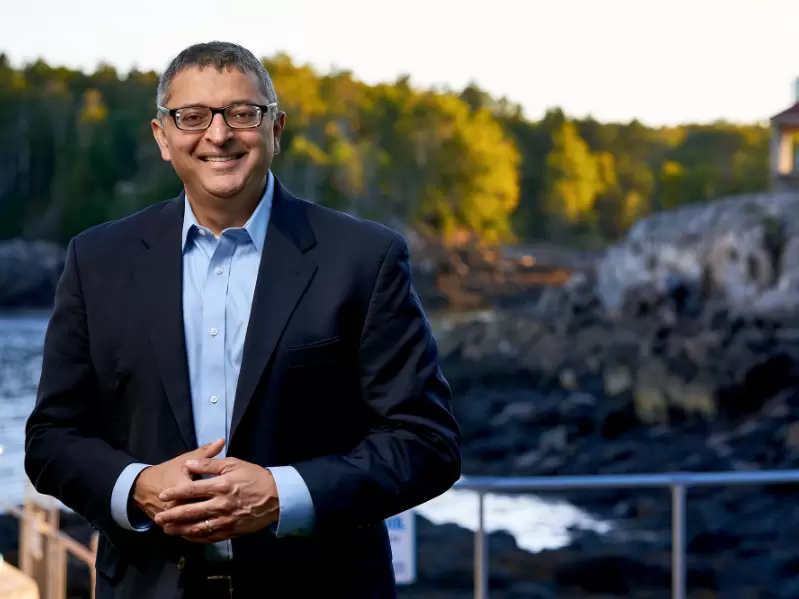

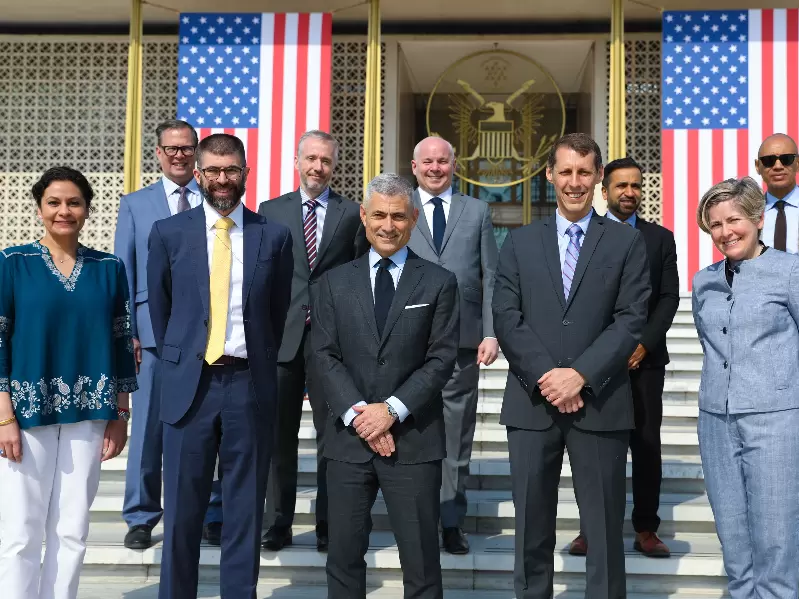
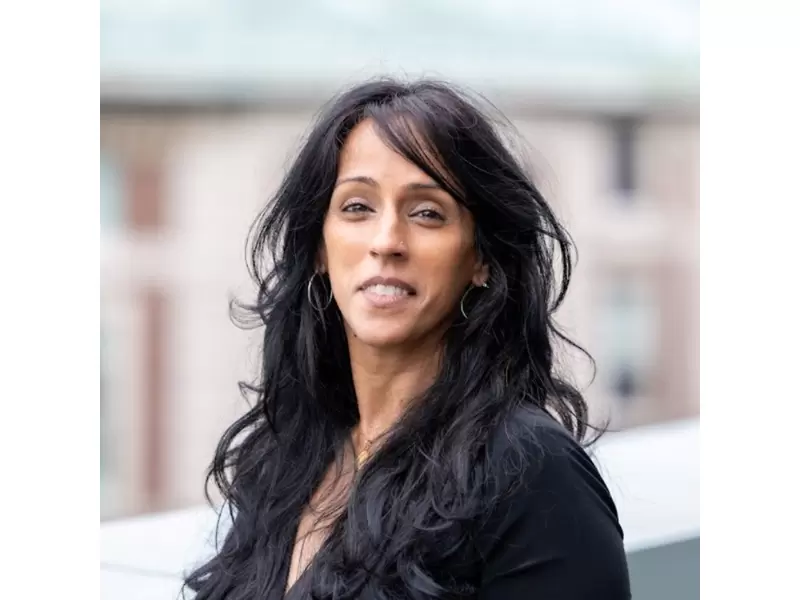
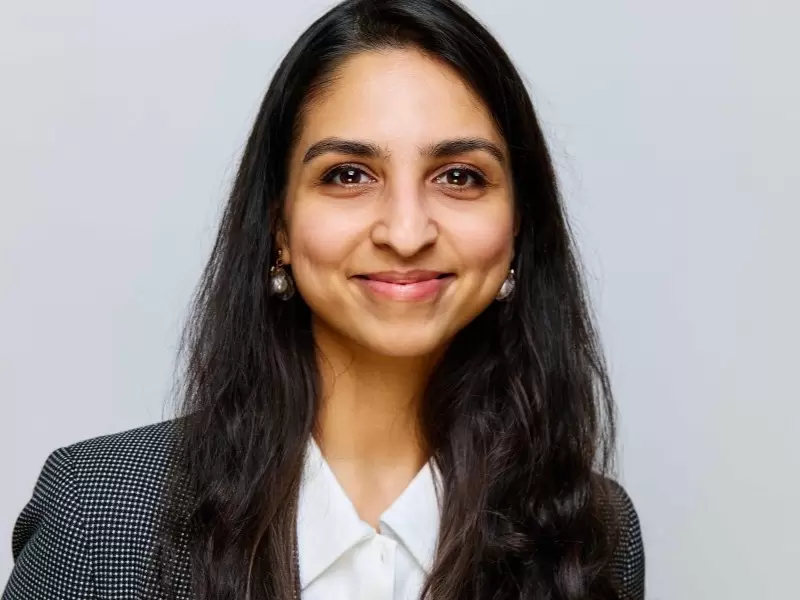
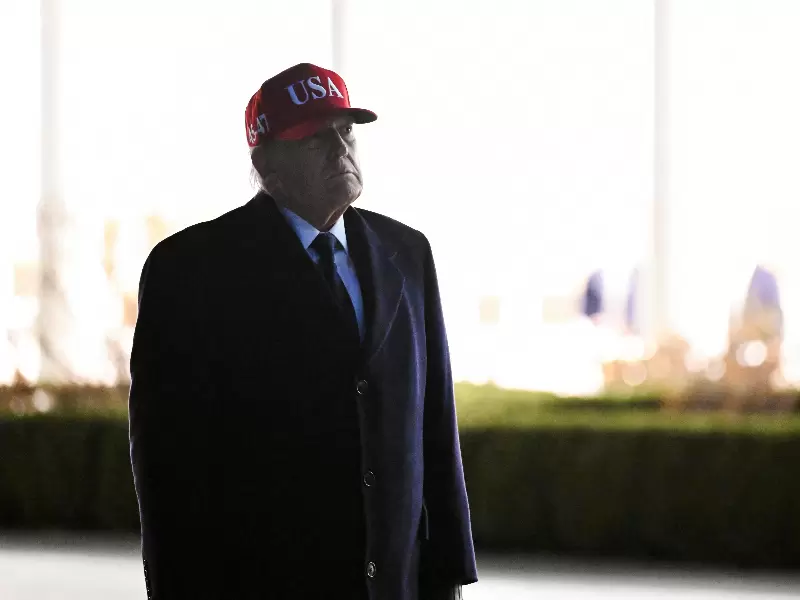
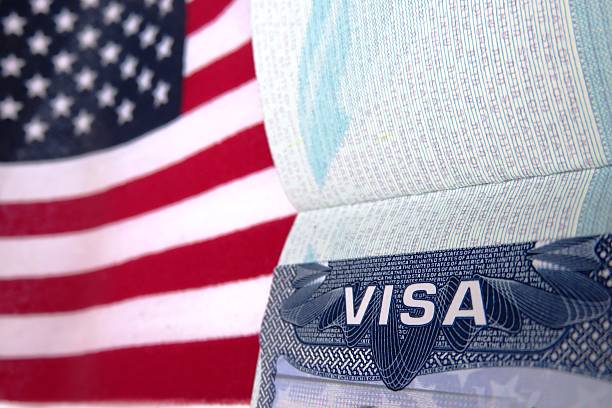
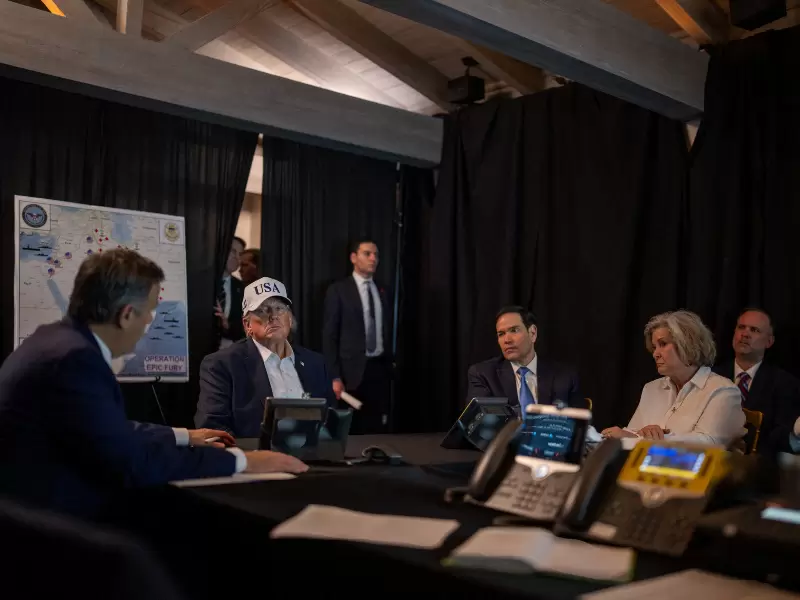
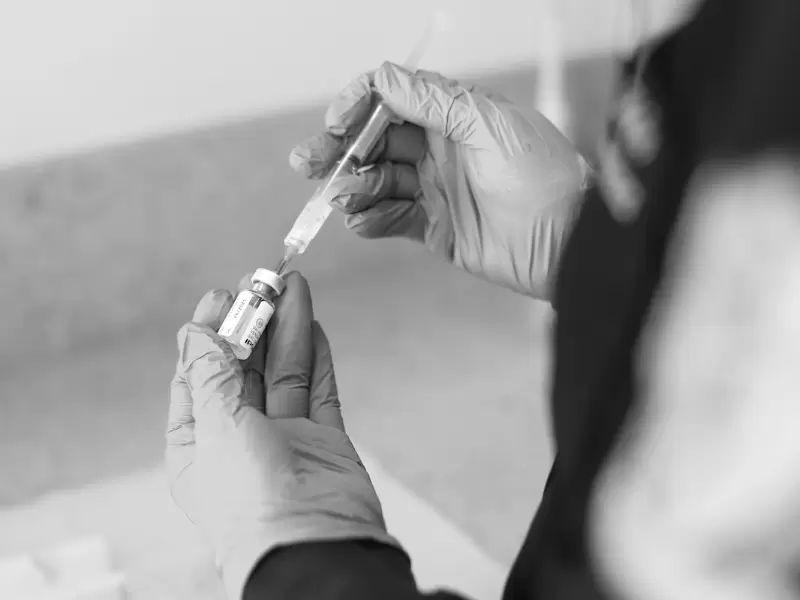
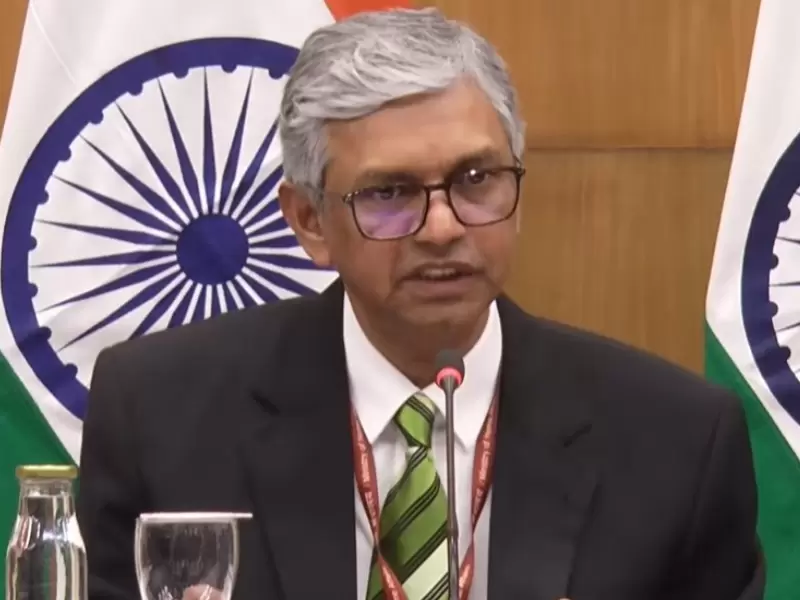
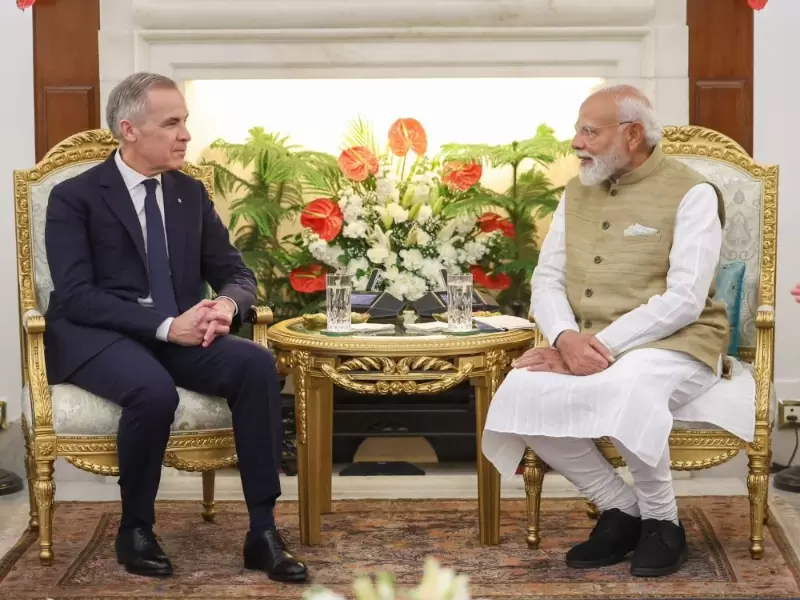
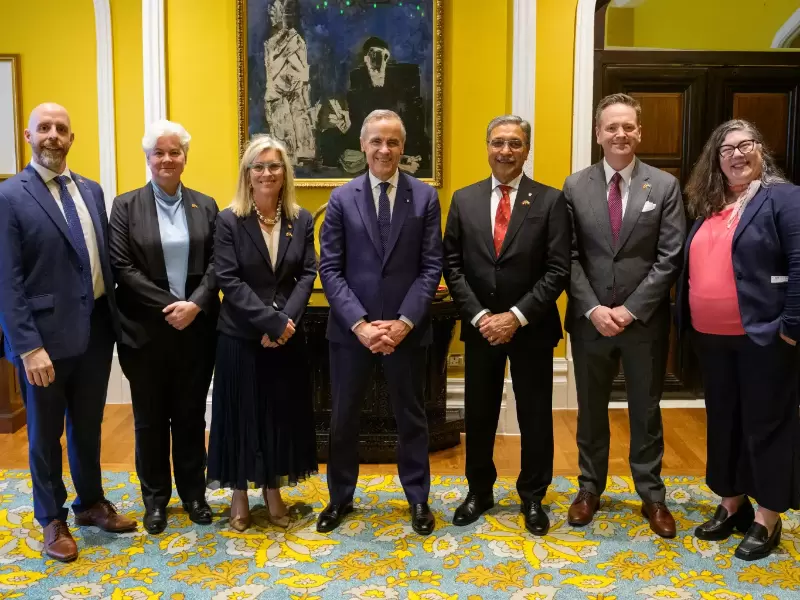


Comments
Start the conversation
Become a member of New India Abroad to start commenting.
Sign Up Now
Already have an account? Login